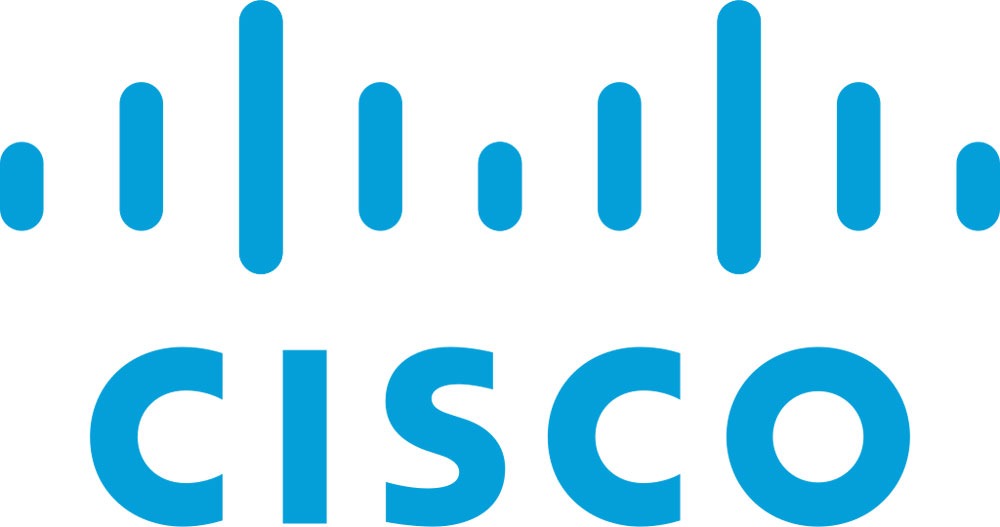
April 28, 2015; Forbes
This article in Forbes written by Mike Montgomery looks at a number of different cause marketing efforts whose sponsoring corporations have come under fire for inconsistencies in or between their business and charitable practices and have reacted by trying to achieve more thoughtful consistency.
Among the efforts he cites are those of Toms Shoes and Walmart, and though with the last one we think the lens is still narrow, the other two examples are very different yet make the author’s point.
Sign up for our free newsletters
Subscribe to NPQ's newsletters to have our top stories delivered directly to your inbox.
By signing up, you agree to our privacy policy and terms of use, and to receive messages from NPQ and our partners.
Millennials, he writes, want to buy differently so that their choice of vendors reflects their politics to the greatest extent possible—but, he goes on, they can smell a skunk a mile away, so if a corporation is doing a single thing they hope will coat them in a patina of goodness but engaging in business practices that violate those general value sets, it becomes a negative that the corporation must overcome.
The Toms Shoes story is, as we know, a little different in that negative press flowed from the unanticipated negative consequences of the original charity model. The criticism focused on the shoe giveaways as undercutting local economies and, less relevantly, on the fact that giving shoes away did not address root causes of poverty. Since they did not set up to address root causes, the second was less a problem, very likely, than the first and Toms has changed its sourcing mechanisms.
Nike, on the other hand, had serious reputational problems related to its treatment of workers. To retrieve their image, the company has committed to annual audits of its employment practices.
We would like to believe in a trend supporting greater corporate integrity among for-profits that mean to contribute rather than just drain communities of their cash. But then we think of our own sector, with the Harvards of the world still investing in fossil fuels and the Girl Scouts who took forever to eliminate palm oil harvested in a way that put the rainforests at risk from their cookies, and we think that the ball may be rolling, but we should push it so it goes faster.—Ruth McCambridge













